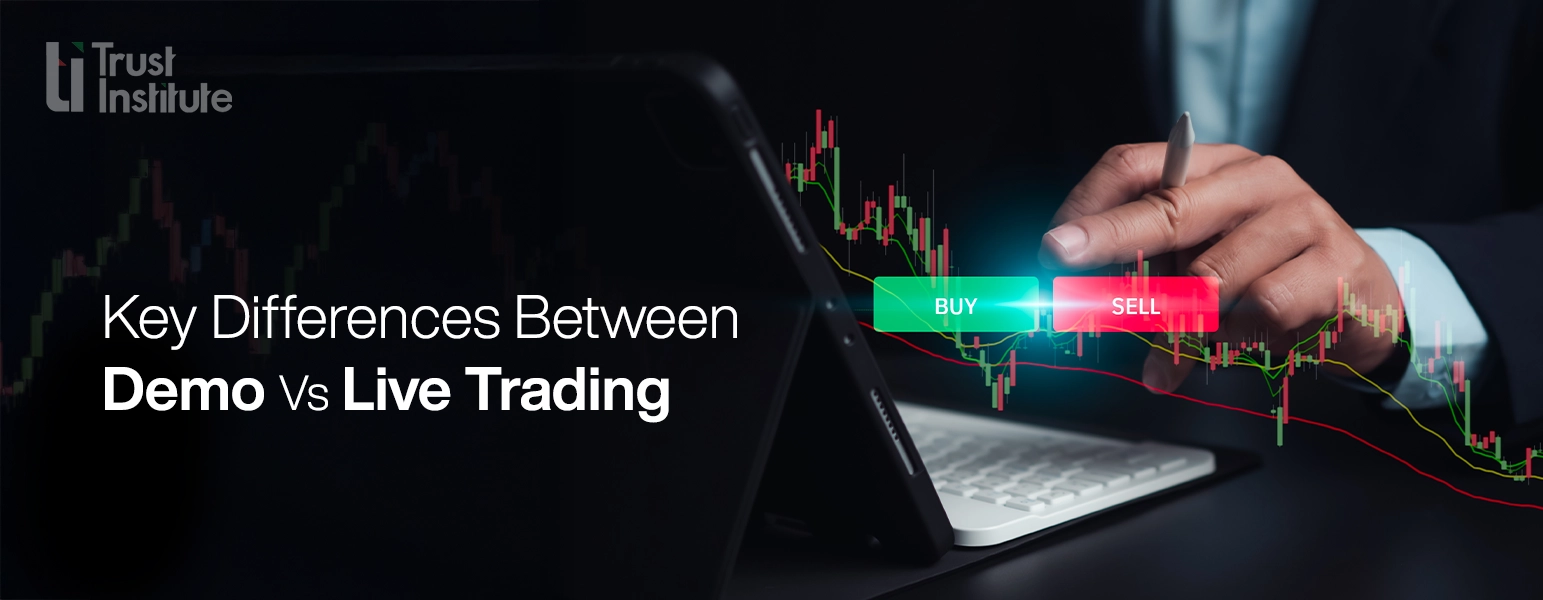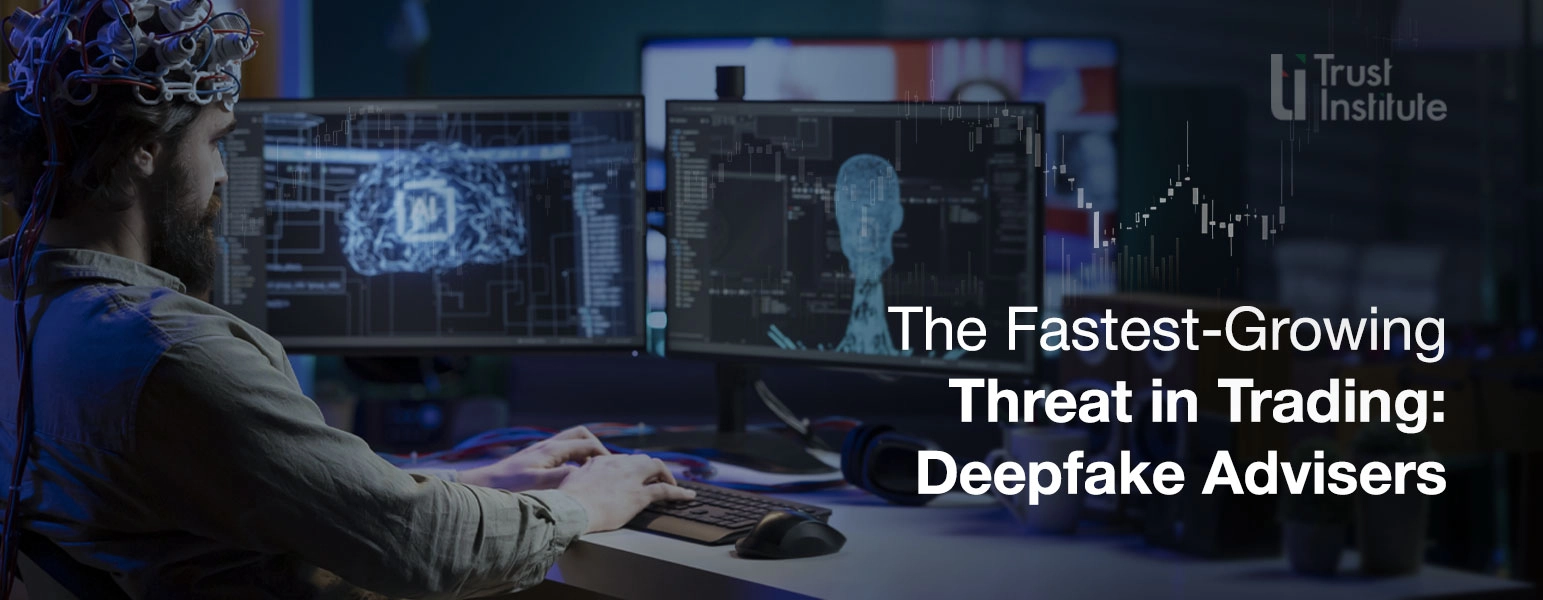Explore the world of financial trading and
gain the knowledge and tools for success with our expertly
written articles and blogs.

What the Corporate Earnings Slowdown Means for Traders in 2025

As we move through mid-2025, one of the most closely watched developments in the financial markets is the ongoing corporate earnings slowdown. According to FactSet, Q1 earnings for S&P 500 companies grew by 13.2%, exceeding initial projections of 9.1%. However, that early optimism has faded, with Q2 earnings growth estimates revised down to 5.1%, as more companies issue cautious forward guidance. Across sectors, particularly in consumer discretionary and industrial manufacturing companies, are signaling weaker profit expectations, raising global concerns about economic health and market performance.
What’s Behind the Slowdown?
Several global factors are contributing to the earnings deceleration:
- Interest rates remain elevated, with the U.S. Federal Reserve maintaining a tight monetary stance.
- Core inflation remains sticky, hovering above target levels.
- Global GDP growth is projected to slow to 2.9% in 2025, compared to 3.2% the previous year
- Key sectors such as energy and manufacturing are under pressure due to weaker demand and tighter financial conditions.
These challenges have prompted many companies to scale back their earnings outlooks, and markets have become more sensitive to any signs of missed expectations.
Why Traders Should Care
For traders, an earnings slowdown isn’t just a warning—it’s a signal to look deeper. Volatility increases during these periods, opening the door to both risk and opportunity. Some sectors, like technology, continue to show resilience, with companies leveraging AI and automation to drive revenue and margin growth.
This makes earnings analysis more crucial than ever. Rather than reacting to headlines or market noise, skilled traders focus on:
- EPS trends and revenue composition
- Forward guidance and company outlooks
- Net profit margins, which have shown a noticeable decline compared to last year
By examining these indicators, traders can make more informed predictions about stock trends and potential reversals.
Adapting Your Trading Strategy

In 2025’s uncertain climate, trading strategies must evolve with the data.
- Swing traders may reduce exposure to high-volatility stocks and consider rotating into defensive sectors like healthcare and utilities.
- Day traders can capitalize on earnings report volatility, planning trades around company announcements and analyst calls.
- Tools like earnings calendars, macroeconomic updates, and guidance trackers are essential to stay ahead.
A flexible, data-driven approach is key, especially when sentiment can shift quickly between optimism and caution
Market Outlook 2025: Mixed but Hopeful
While the corporate earnings picture is softening, the overall market outlook remains mixed, with some optimism on the horizon. Many analysts expect major central banks to begin easing interest rates later this year, which could improve liquidity and support equity markets.
Certain global sectors—such as technology infrastructure, digital services, and automation-driven industries—continue to attract investor interest, supported by long-term structural growth. As always, it’s about finding relative strength in an uneven landscape.
Trading Opportunities in a Slowing Market

Even amid slowing earnings, there are abundant trading opportunities:
- Short-term volatility around earnings announcements offers agile entry and exit points, especially in large-cap tech and industrials.
- Global shifts in sector leadership create new momentum plays for active traders.
- Traders who focus on earnings trends, macro shifts, and market sentiment will be better positioned to identify breakout opportunities—even in a cooling environment.
Conclusion
The corporate earnings slowdown of 2025 is more than a quarterly dip—it’s a test of trader discipline, market awareness, and analytical skill. With broad index earnings forecasts under pressure and valuations still elevated, this is a time for precision and adaptability.
At Trust Institute, we prepare traders not just to react, but to lead with insight. By understanding earnings cycles, tracking global macro signals, and refining your trading strategy, you can turn uncertainty into advantage.
All blogs
©TRUST TRAINING AND DEVELOPMENT INSTITUTE 2025
Disclaimer: Trust Institute is a KHDA-licensed educational institution based in Dubai, UAE. All training programs, materials, and content offered through our website and in-person sessions are provided strictly for educational purposes. We do not offer financial or investment advice, and we do not engage in or promote any trading activity.
Our courses are designed to increase knowledge and understanding of financial markets. Trust Institute is not a brokerage firm, does not manage client funds, and does not participate in any trading on behalf of its students.
Participation in financial markets, including Forex trading, involves significant risk and may not be suitable for everyone. Individuals are encouraged to conduct their own research and consult with licensed financial professionals before making any financial decisions.
By accessing our content or enrolling in our courses, you acknowledge and accept that Trust Institute is not liable for any financial outcomes resulting from the application of educational material shared. You agree that your use of this information is at your own discretion and responsibility.
Trust Institute is fully licensed and regulated by the Knowledge and Human Development Authority (KHDA) in Dubai, United Arab Emirates.











































